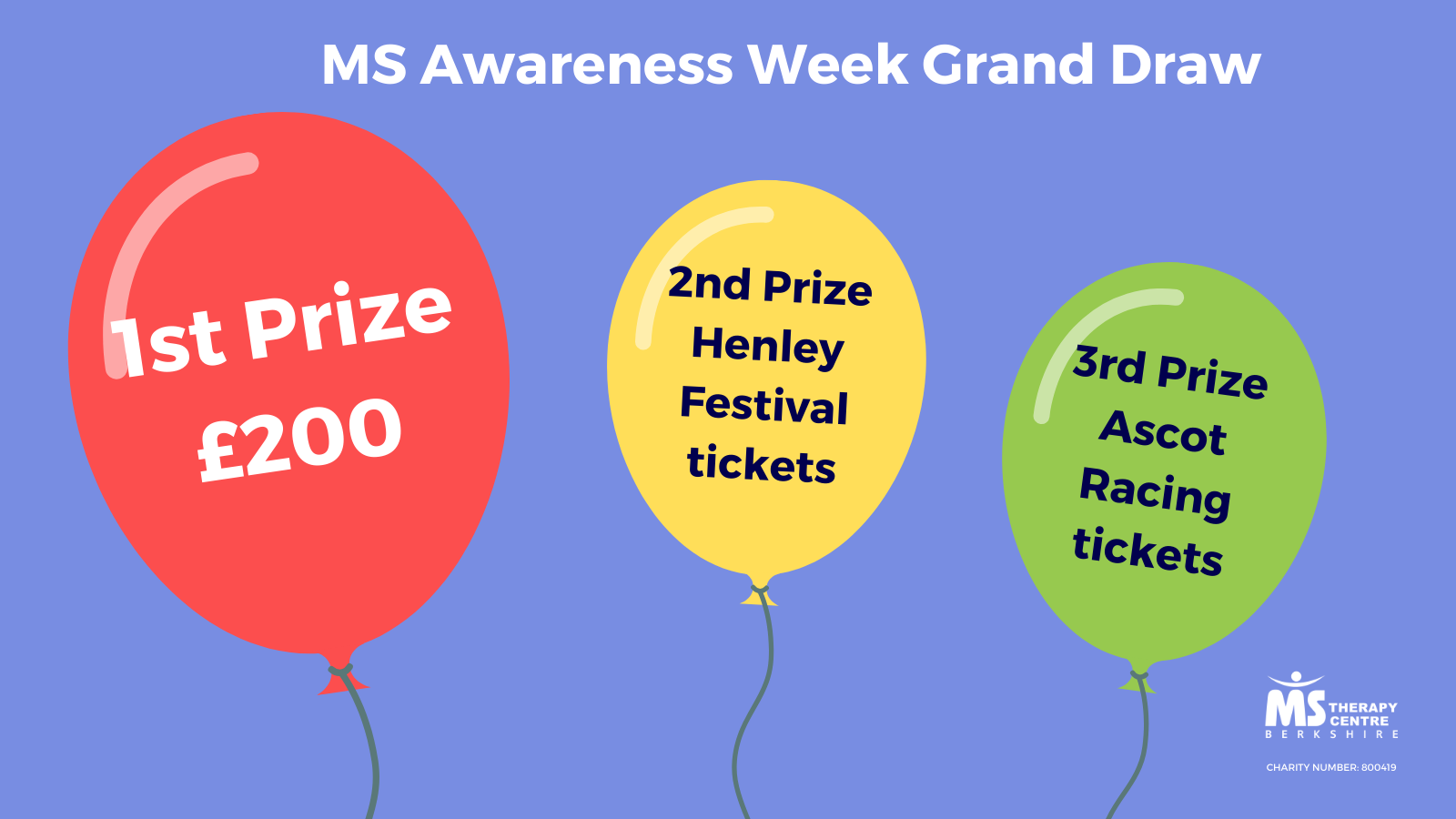This is a very worrying and scary time for us all. Here, Leigh, shares some ideas on how to look after your mental health during this time.
This is a very worrying and scary time for us all. We have been thrown into social isolation, distancing ourselves from friends, family and vital support services. At a time when we need people around more than ever, we find ourselves on our own. So, what can we control when the world seems in chaos? How do we cope?
Everyone reacts differently under adversity. We all have our own worries and fears about what is happening. So, it’s important to find out how you are reacting, what problems are going around inside your head, how your body is bracing itself. Once you have defined your struggles it’s easier to find solutions.
One thing I’ve noticed is that people with MS are in some ways well prepared to meet the challenge. Some of the things that the world is now struggling with such as social isolation and living with an unknown illness are business as usual for people with MS. So, you may find you are better able to cope and more equipped than a lot of people. You may have already accepted or even come up with strategies to get around some of these problems.
Here are my thoughts on dealing with the common problems I’ve noticed people struggling with, it’s likely that some of these might be affecting you too
Feeling Safe
The virus has threatened our sense of safety, so it’s vital we regain it. When you feel safe, your stress level is low. This is very important for everyone, especially for people with MS. Also, when we feel safe, we are better able to face challenges and come up with creative solutions for the simple reason that our mind and body works better when we aren’t in a state of panic.
Calming down
If you already have ways in which you calm yourself down, try to do these more often if you can, it is so important. If you know of activities you have used in the past that helped you to feel safe, now’s the time to restart them. Maybe now is the perfect time to take up a relaxation pursuit, meditate or listen to guided meditations and simple breathing practices. There are lots of apps and websites around that teach meditation and make it easy to follow if you haven’t tried it before. I would recommend Headspace it’s free to try.
This is a good 3-minute mindful breathing space practice that you might want to try. Just 3 minutes, everyone has 3 minutes!
Planning for safety –
Planning helps you cope with uncertainty. The government has issued clear guidance on how to stay safe and the BBC site offers more general advice. This is reassuring to follow because you’re lowering your risk of exposure if you do. So the information you have available to you is:
- When and where you can go out.
- What to do if you do go out.
- How to get food and essentials delivered if you can’t go out
- What to do to de-virus your deliveries once they have arrived.
If you follow the guidance you will be safe and also keep others safe.
You can find lots of information on this on the government – https://www.gov.uk/coronavirus and BBC – https://www.bbc.co.uk/news/coronavirus websites.
News – stay informed but not overwhelmed
It’s important to find a balance between being informed and stressing yourself by constantly following the news. Listening to the news can be stressful, especially now, and if you do it too often it can feed anxiety and lead to becoming overwhelmed. It is important to try and do this because we are being bombarded with so much of it on an hourly basis that we need to implement some distancing measures. Seeing as this is probably happening on your TV, phone, tablet, newspapers, conversations with your loved ones etc, it’s important to begin to notice how often you are engaging with it and the effect it has on you. I’ve cut back checking to once a day and feel better for it. I am also avoiding watching or reading the news just before bedtime as this is a time to try and calm your mind and body ready for sleep. It is important to be able to talk about your worries and fears with others of course and to talk through what’s happening but there are limits as well to protect yourself from it becoming toxic.
Coping – be proactive
Once you feel safe again, the next challenge is coping with living an isolated life.
Daily planning
The advice is given, on how to cope with lockdown, from an Italian family who have been isolating for a few weeks was to plan your days and keep as active as possible. I’m sure everyone has some kind of idea about what a healthy routine would be for them, which might include waking and sleeping, eating well and exercising. But are you doing it? We all know that exercise is good for people with MS to reduce fatigue, cope with spasticity and maintain strength. But it can also help to boost your mood and reduce stress levels. I know that sometimes the idea of exercise can be tough so start small and build up! Just 10 minutes a day can make a difference, go for a short walk, try some seated exercises or a wander around the garden if you can.
An active mind
Keeping active is just as important for the mind as it is for the body. So now is the time to take up a new hobby, study something online, or set yourself a goal to achieve during this period of retreat. Mindfulness is not for everyone but can have great benefits for your mood and relieve stress with only short training periods. That said any repetitive activity practised mindfully or something that engages the mind can have a stress-reducing benefit. For example knitting, drawing, colouring books for adults available online, cooking, baking, puzzles, gardening, decorating, word searches, sudoku, learning a language etc. different things will work for different people, so choose wisely and make sure you enjoy it.
Stay connected
Our relationships are important for coping with life’s up and downs. As the saying goes, a problem shared is a problem halved. So, reach out, be social and stay in touch with friends and family. This situation is pushing us all out of our comfort zone to find new ways of interaction and connection. They can range from virtual house parties, WhatsApp groups, zoom family meetups or just plain old picking up the phone.
Gratitude – finding the silver lining.
Although it feels like the world is falling apart there are good things happening too, things that are working out or going well.
Several people have mentioned how nature seems to be thriving, oblivious to our challenges. People are coming together to support each other, for instance, hundreds of thousands of people are volunteering to help our NHS. Tens of thousands of NHS staff and police are coming out of retirement to help in our time of need.
Closer to home I’m sure if you look you will find little things to be grateful for. That is the theory behind keeping a gratitude diary. A daily reflection and taking note of what you can be grateful for today is a great idea. Studies show that over time this practice improves happiness and reduces feelings of depression. So, try it out, each day try and think of 1 thing you are grateful for and if you are around family try and do it all together! Add it to a list and keep it on the fridge where you can see it every day.
The reassuring thing to try and remember is that we are all in this together. So, if you feel that you might benefit more from doing some of these things then that’s great! Start today! If you would like to explore some of them in more detail or if you are struggling to implement them and want help then please do get in touch and I can help or point you in the right direction. Otherwise, if you just feel you need extra support or someone to talk to at this difficult time, we can arrange a session by telephone or skype as I would be more than happy to support you through it. To make initial contact please email ms@bmstc.org.


